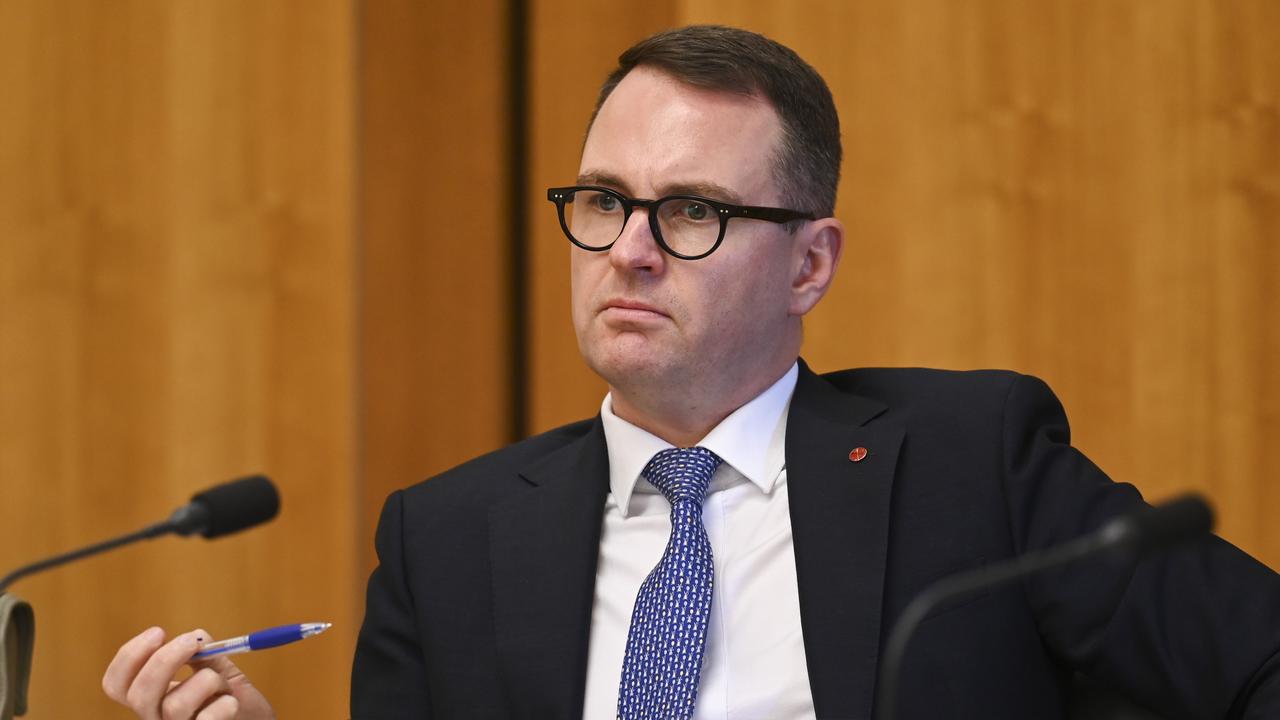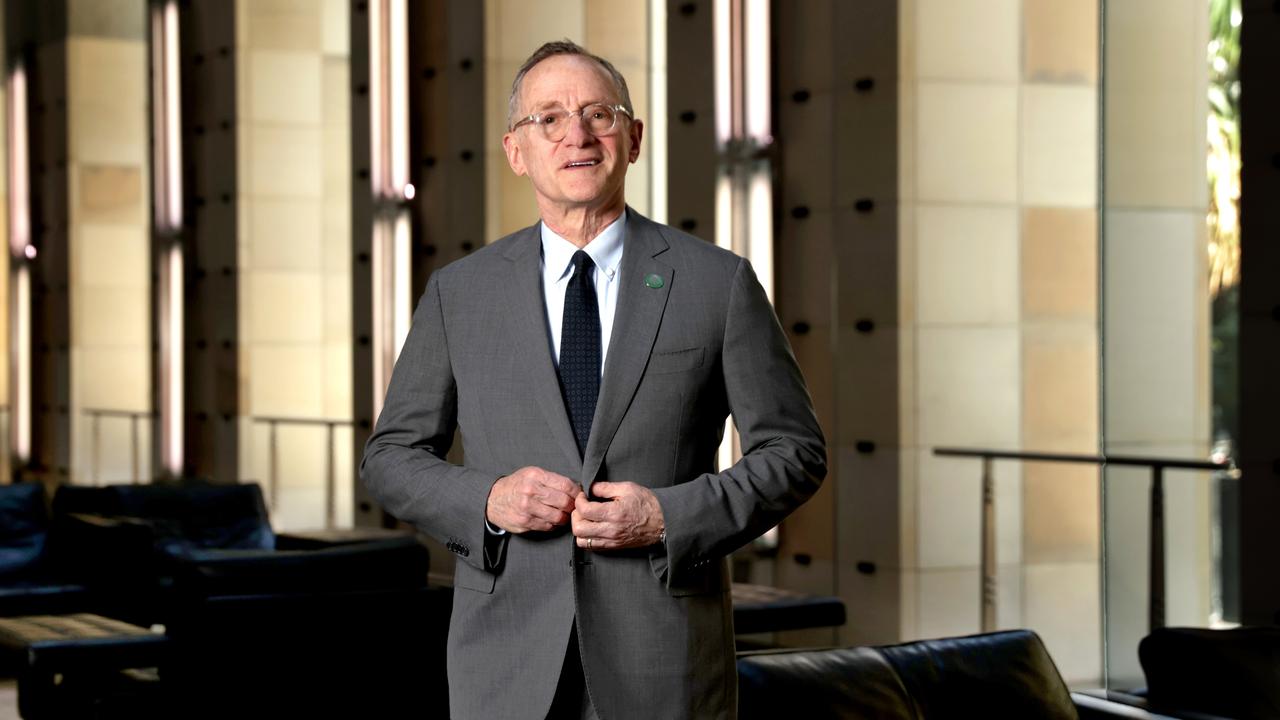Battery firm Redflow calls in administrators after funding failure
Voluntary administrators have been appointed at battery maker Redflow, a move that raises concerns over the viability of the Albanese government’s Future Made in Australia policy.
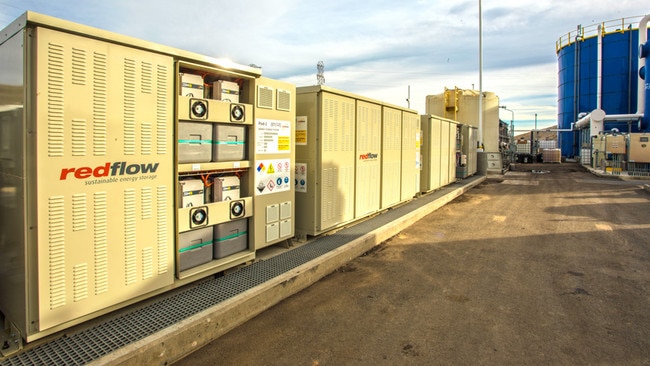
Business
Don't miss out on the headlines from Business. Followed categories will be added to My News.
Battery maker Redflow has become the latest victim of the increasingly tough renewable energy market, appointing voluntary administrators in a move that raises concerns over the viability of the Albanese government’s Future Made in Australia policy.
Deloitte administrators Richard Hughes and David Orr are now in control of the firm and seeking new investment partners to restructure the business that was once touted as the global flag-bearer of flow battery technology.
It is understood Redflow faced a $30m funding shortfall in government and private funding for a major factory in Queensland.
Mr Hughes said it would be business as usual while new partners were sought for Redflow, which employs about 150 people in Australia, Thailand and the US.
Redflow earlier secured a lucrative US defence contract for its battery technology.
Redflow, led by CEO Tim Harris, said in a statement to the ASX that there was received significant commercial interest in building a new factory for its next generation large-scale battery.
The company, founded in 2005, said state and federal government support had been available to fund the project, subject to obtaining significant matching funding from private investors, which had failed to materialise.
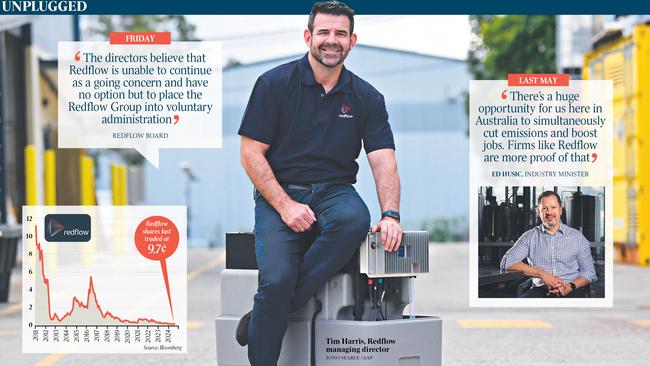
Redflow shares, which last traded at 9.7c, have been suspended.
“Based on encouraging external financial advice, Redflow considered and pursued the equity funding sources available to it,” the company said. “But in the current market, it has been unable to attract the required equity support.” It is understood Redflow was seeking a total of $30m, including $15m from private investors and $15m from the state government.
Federal Industry and Science Minister Ed Husic visited Redflow’s factory in May last year, describing it as “part of the growing number of Australian firms that are developing their own technology”. Mr Husic said Redflow was “doing some really important work that’s being recognised internationally as well”.
Not everyone is a fan of the government’s Future Made in Australia policy, which includes big subsides for sectors including solar panels. The Productivity Commission earlier this year said that support for key industries could lead to a “slippery slope” for companies that couldn’t survive without government help. Mr Husic’s office did not respond to a request for comment.
Redflow said that in the absence of financial support, the directors believed that the company was unable to continue as a going concern and they had no option but to place it in voluntary administration. It said the administrators would now undertake a review of Redflow’s business and financial position.
Redflow recently announced a partnership with Queensland government-owned energy provider Stanwell Corporation to collaborate on the deployment of a battery for use in a 400MWh large-scale project.
It also secured a second contract with the US Department of Defense for non-lithium long-duration energy storage.
Redflow, which was once chaired by high-profile internet entrepreneur Simon Hackett, was an early developer of flow battery technology. Flow batteries are considered the missing link in the renewable energy industry because of their ability to “time shift” energy from when solar panels or wind turbines harvest the energy, to when it is needed by the consumer.
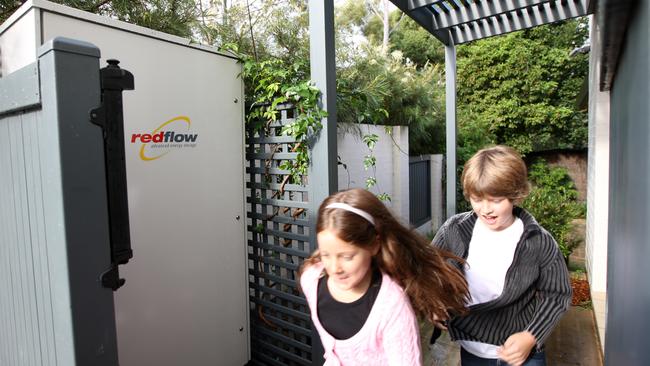
In 2016, the company launched the ZCell battery for domestic use, taking on US giant Tesla, which offers a home power storage system using lithium batteries.
Redflow listed on the stock exchange in 2010, but experienced early financial difficulties when it attempted to build complete power systems rather than just batteries. It quickly burnt through its $30m in capital raising, leading to staff cutbacks.
Flow batteries consist of two tanks of chemicals that flow adjacent to each other and generate a charge. Proponents say that one of the big advantages of flow technology is that, unlike lead acid and lithium batteries that must keep some capacity in reserve, the battery can discharge 100 per cent of its power.
Battery makers are facing difficulties in accessing funds and obtaining the large amount of capital required to develop new technologies.
Brisbane-based renewable energy firm Redback Technologies, which had received millions of dollars in taxpayer funding, called in administrators earlier this year after racking up big losses.
Redback, which had developed Chinese-manufactured smart battery packs that it claimed helped people save thousands of dollars on their power bills, was later taken over by Chinese investors.
Redback had a $10m contract with the Queensland government-owned Energy Queensland Ltd (EQL) but by March this year it had effectively run out of cash and accumulated losses of more than $7m over a three-year period.
More Coverage
Originally published as Battery firm Redflow calls in administrators after funding failure




